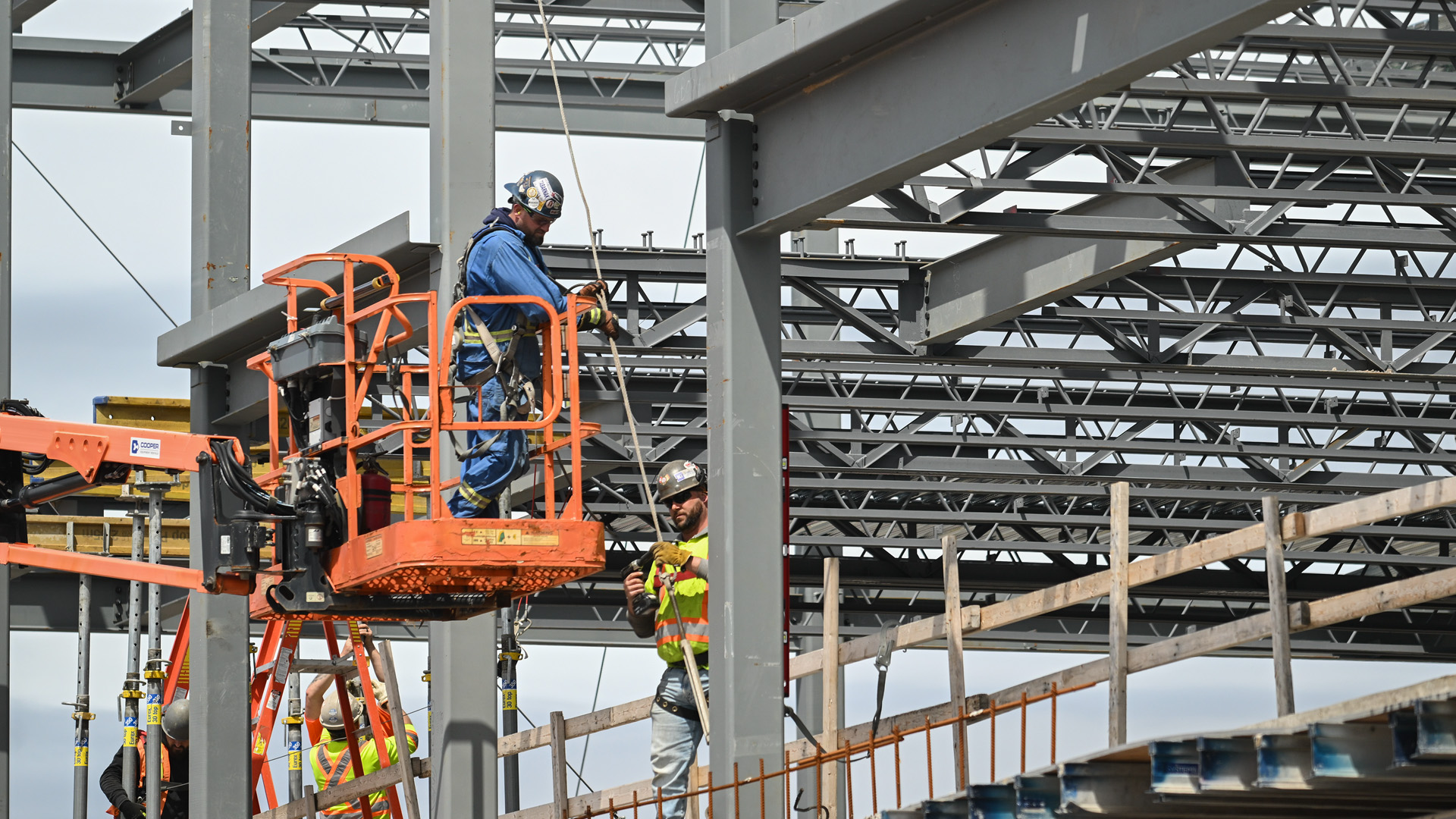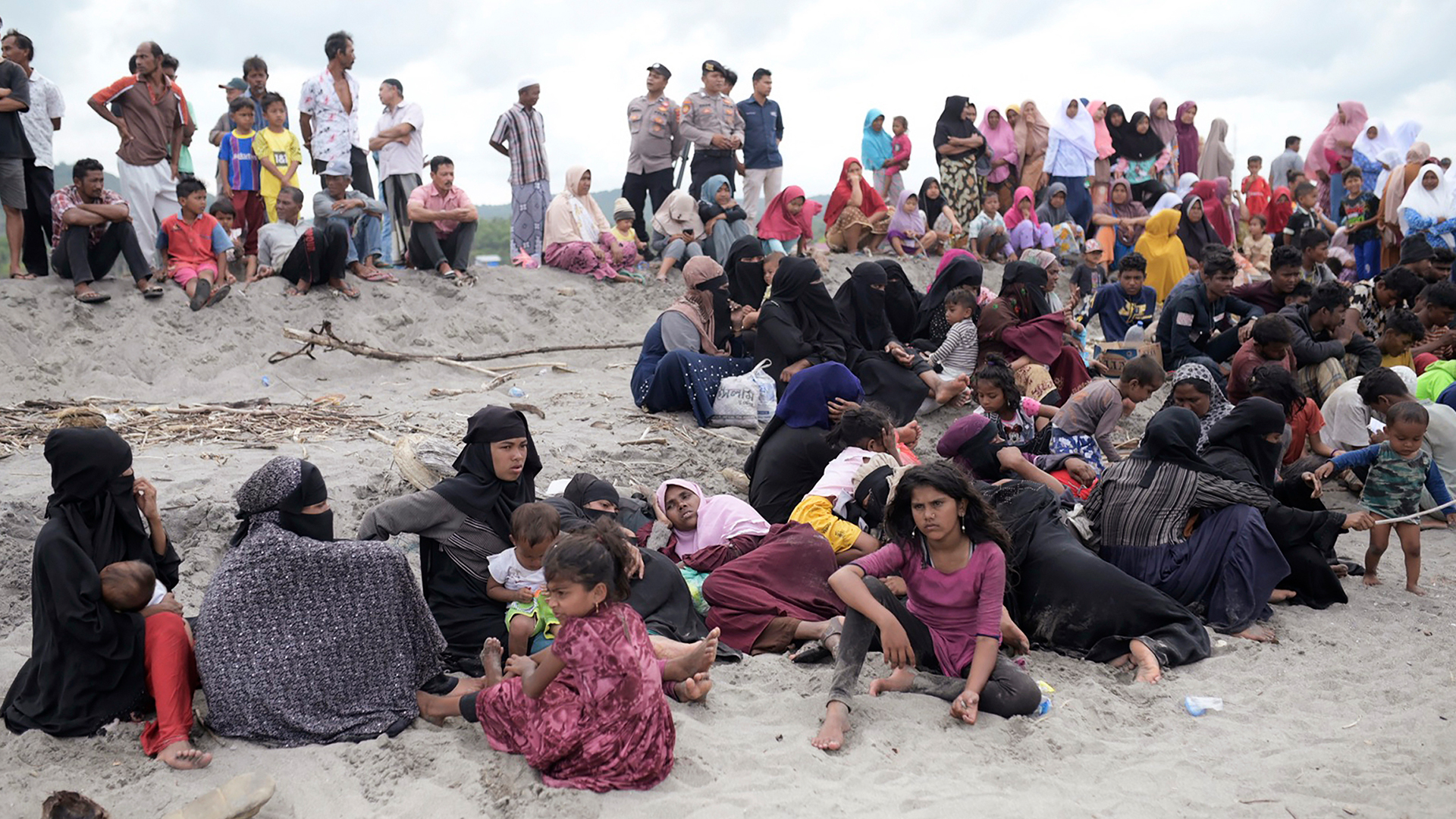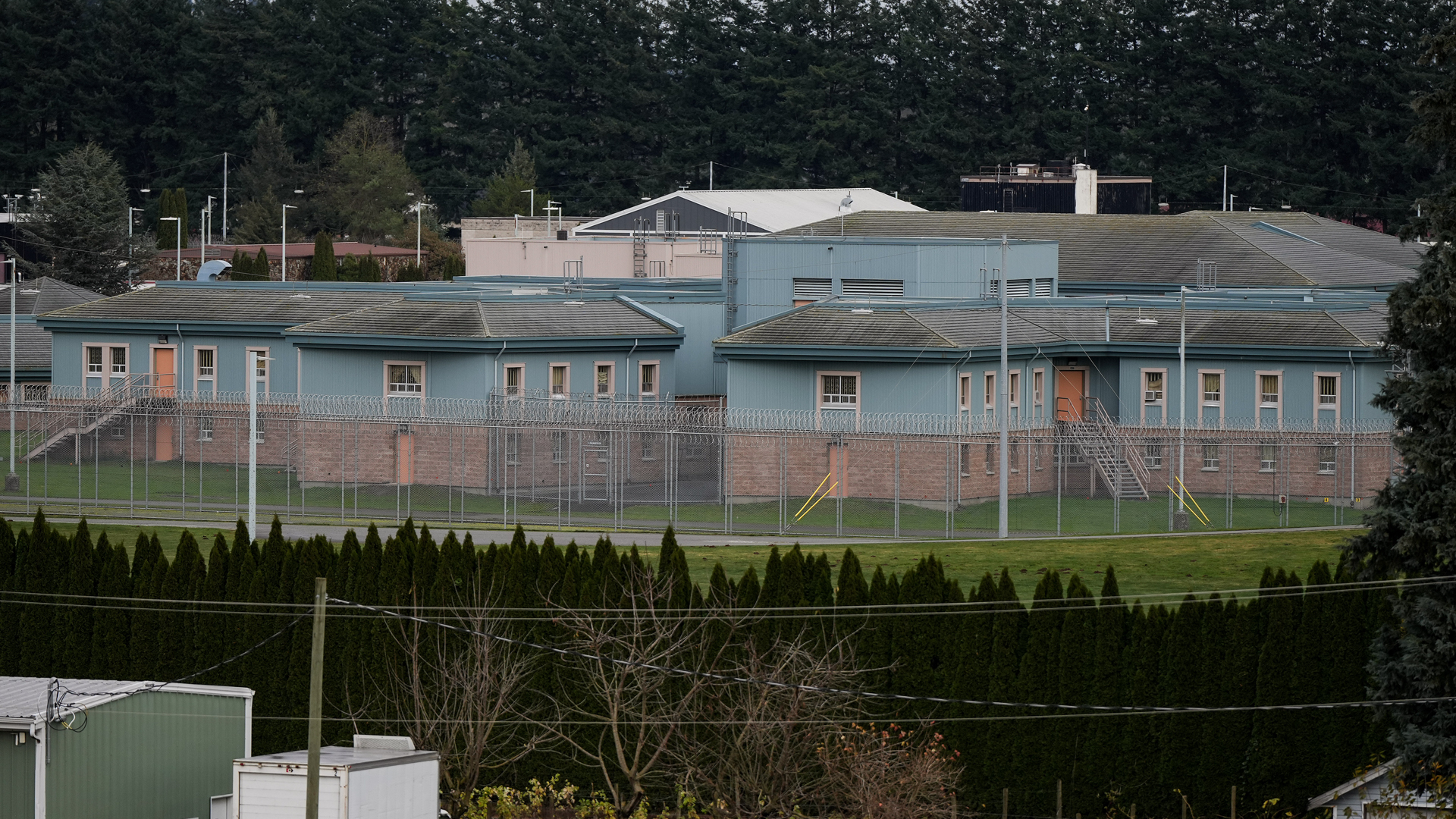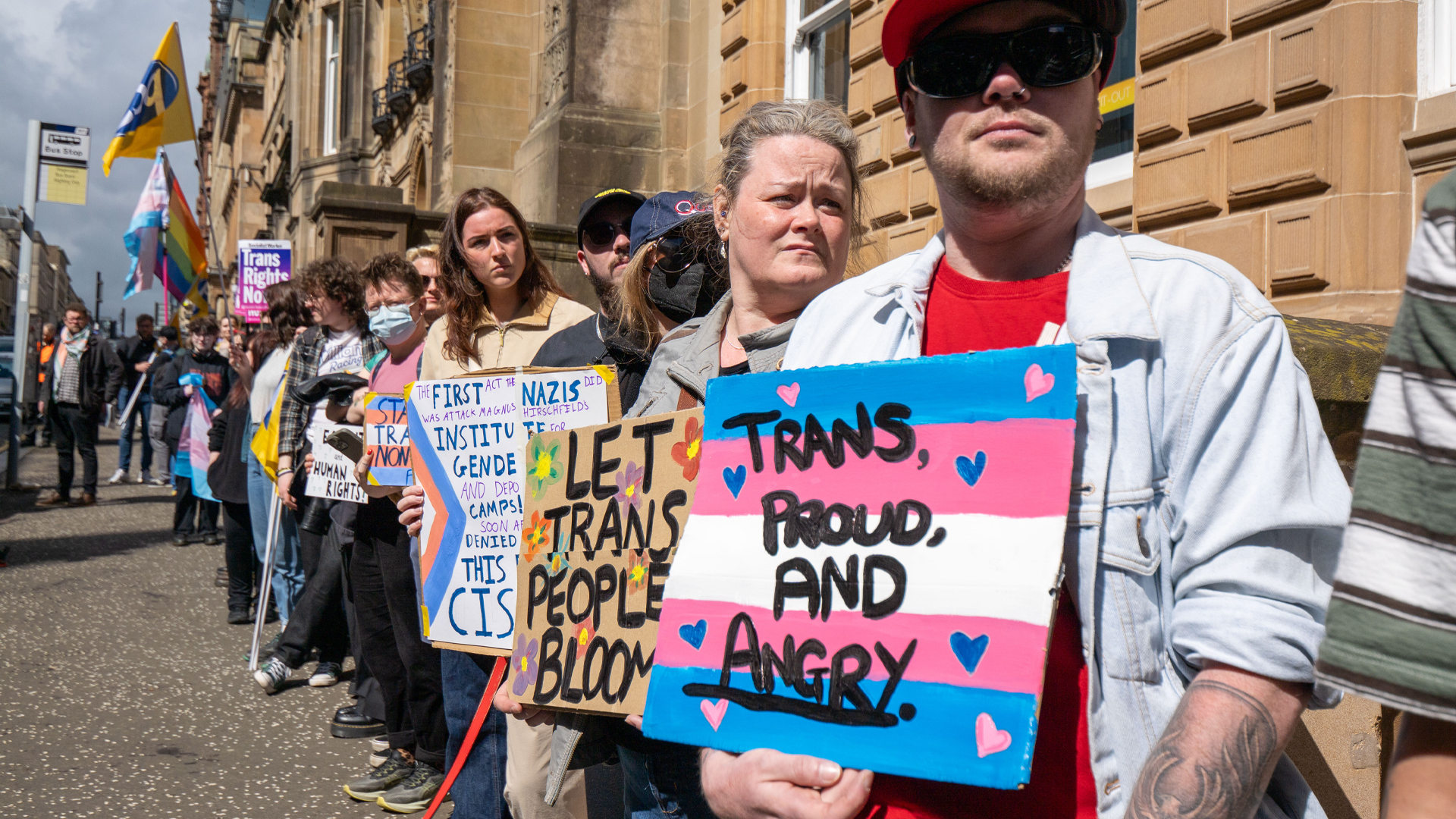
In 2017, the Myanmar junta’s brutal persecution of the Rohingya Muslims left them stateless, seeking asylum in Bangladesh as they fled the violence. Canada is well-known globally for its pro-immigration policies, many of which prioritize refugees fleeing conflict and persecution. Canada has welcomed refugees from countries such as Mexico, Colombia, Iran, and Haiti. In 2022, the Canadian government received as many as 132,000 Ukrainian refugees fleeing the Russian invasion of Ukraine. However, five years since the Rohingya crisis began, Canada has not extended resettlement to the Rohingya people living in deplorable conditions in overcrowded refugee camps in Cox’s Bazar, Bangladesh.
As an international donor, Canada has provided urgent humanitarian support to the Rohingya refugees in Bangladesh. However, Canada’s response to the crisis significantly focuses on maintaining sanctions on Myanmar. As a humanitarian state, Canada takes pride in its refugee and resettlement policies, which are committed to protecting the world’s most vulnerable people. Those policies, however, focus mainly on receiving skilled and educated refugees. This leaves behind refugees like the Rohingya, who generally do not have the skills sought by Canadian employers.
One way to remedy this is for Canada to develop targeted skills-building programs that create a specific pathway for the Rohingya to integrate into the Canadian workforce.
Global refugee response system needs transformational change
In Bangladesh, Canada already engages with relevant stakeholders, including civil society partners and NGOs, to support Rohingya refugees through education, skill-building, and livelihood training programs. The programs also specifically target women and girls from Rohingya as well as Bangladeshi communities, who experience substantial barriers in accessing education and skill-building opportunities. Canada is committed to ensuring safe and voluntary return of the refugees to Myanmar. But Canada is the desirable choice for many immigrants, offering better economic opportunities. Helping to equip the Rohingya with in-demand skills and language training could also strengthen the Canadian economy.
The Rohingya are the largest refugee population in the world and are an underutilized labour force. Canada should see this as an opportunity. Here is how it can help prepare the Rohingya for the Canadian and global employment market:
Raise awareness of immigration pathways: In the camps, the Rohingya are vulnerable to abduction and disappearances, with many unaware refugees falling prey to human trafficking.
We think that there is latitude for the Canadian government to collaborate with legal aid organizations and local NGOs in opening a direct channel of communication with Canadian representatives to prevent the relay of misinformation that could prove harmful for the refugees seeking resettlement outside the camps.
This channel of communication could be modelled on the kind of networks many organizations use to build awareness of other risks and provide counselling to the vulnerable Rohingya population. For example, in 2020, during the peak of COVID-19, misinformation and rumors about the virus spread rapidly through the overcrowded refugee camps. Many Rohingya refugees would not seek medical help, fearing the security forces would attack them if they contracted the infection. In such a high risk-associated context, community-led programs have been useful in communicating credible information.
Vocational training: There is considerable debate in Bangladesh over whether the Rohingya should be educated in the Burmese or Bengali language as per the Myanmar and Bangladesh curriculum respectively. Due to this uncertainty, many Rohingya cannot enroll in educational programs in a timely manner, which means that large numbers of Rohingya youth lose the opportunity to build professional skills. Many Rohingya refugees are so desperate for work that they will accept very low wages, which hurts employment opportunities for the local Bangladeshi people, who are already impoverished. As a result, the local Bangladeshi experience doubles marginalization and hardship.
To ease the substantial burden on the Bangladesh community in Cox’s Bazar, Canada could partner with Bangladeshi organizations to train both the local Bangladeshi population and refugees for vocational skills needed in Canada. This would also help give refugees the option of exploring potential employment-influenced immigration routes, which could mitigate Canada’s labour shortage. What is needed are practical skills like driving, customer service, hairdressing, cooking etc.
English-language training: Immigrants to Canada are required to have basic communication skills in either of the official languages, English or French. We propose that Canada extend at least two years of English-language training programs to the Rohingya living in the camps to prepare them to express themselves, and integrate more easily into Canadian society and the Canadian job market.
Job-match assistance: Searching for a job in Canada can be an intensive and cumbersome process for newcomers. Even highly skilled immigrants in Canada often struggle to find a job. For stateless refugees like the Rohingya, migrating to a new country is an even more considerable challenge. The Economic Mobility Pathways Pilot (EMPP) program mostly prioritizes skilled refugees from overseas. We propose that Canada can be more inclusive by offering employment services to those refugees who are not highly skilled. Job-match assistance would help the Rohingya find sources of income that would allow for a dignified life.
Canada’s immigration policy has evolved throughout the decades; however, the lack of diverse refugee representation in this country indicates systemic bias against refugees from the Global South. Canada’s commitment to anti-racism and equity, diversity and inclusion rings hollow if it is not uniformly applied to everyone. There is opportunity for Canada to accept more refugee families, who often take deadly risks like crossing rivers on boats in search of a better life. Welcoming the Rohingya refugees to Canada will enhance its longstanding humanitarian tradition of providing a safe and dignified life to the world’s most vulnerable people.










